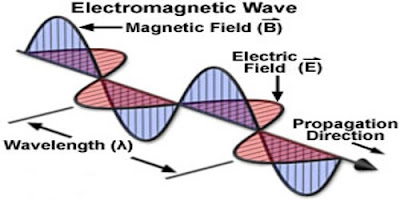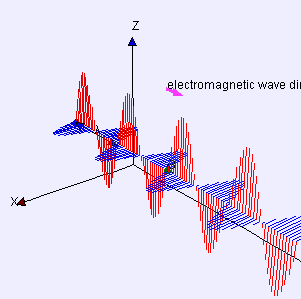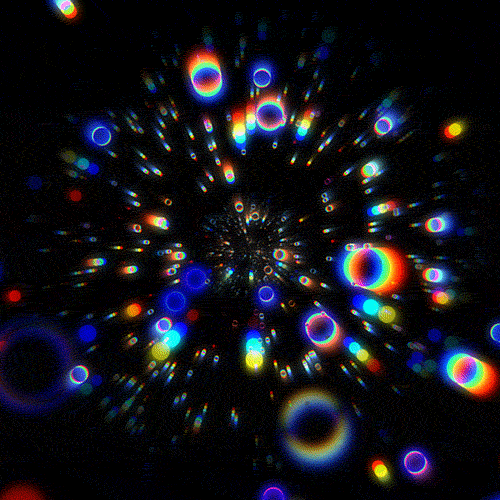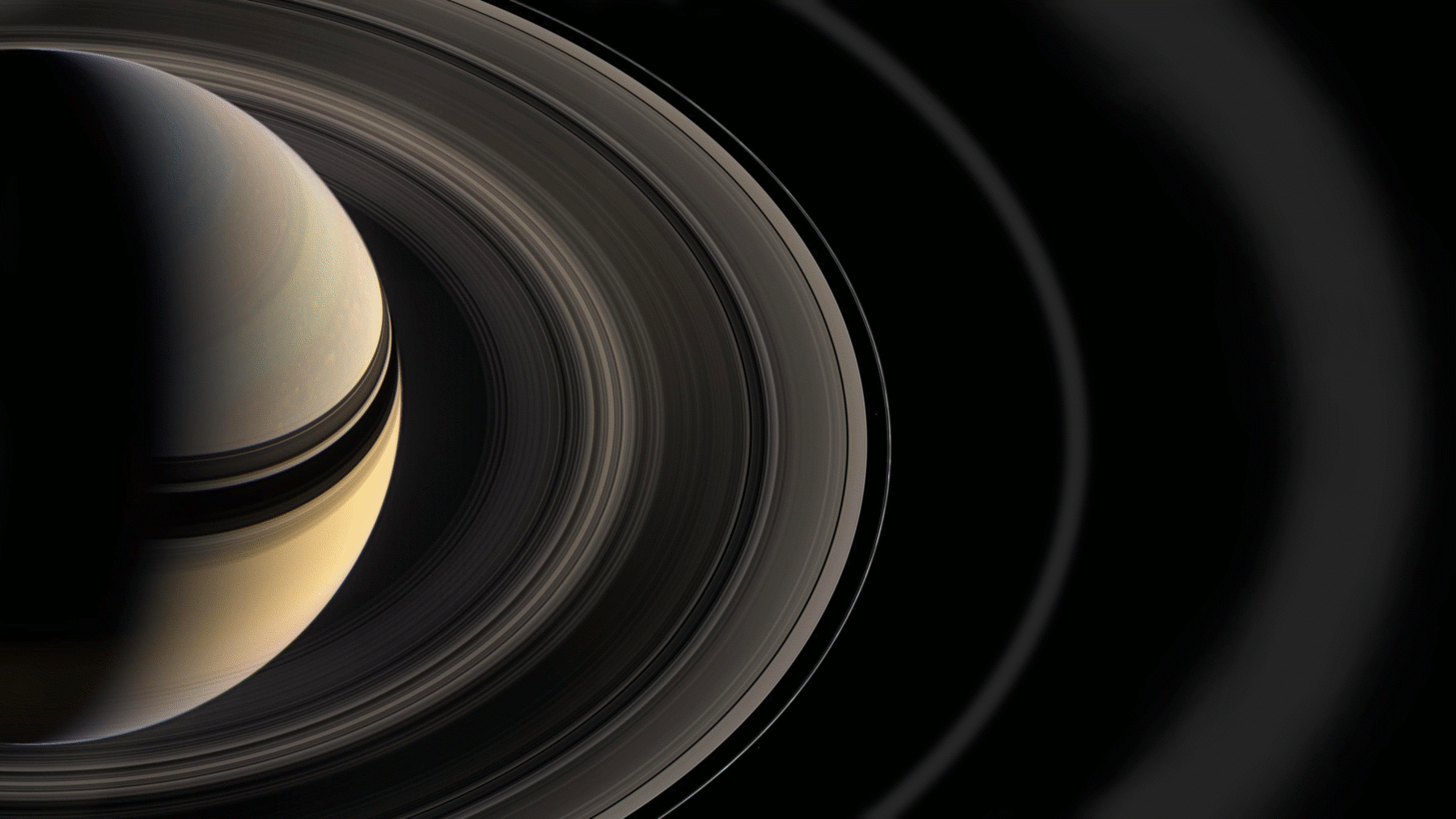Today (June 13, 1831) is the birthday of James
Clark Maxwell, when he explained that electricity, magnetic field, and
light are all manifestations of the same phenomenon.

James Clerk Maxwell was born on June 13, 1831, in Edinburgh, India Street. John Clerk Maxwell, lawyer, and son of Robert Hodgson Cain's daughter and John Cain's sister Francis. K. Realizing the young boy's talent, Maxwell's mother Frances took charge of James' primary education. It was the work of mostly housewives in Victorian times. At the age of eight, Maxwell was able to read Milton's paragraphs and 119 verses (176 verses) in long volumes. His mother was diagnosed with abdominal cancer. Maxwell's mother died in December 1839, at the age of eight, after a failed operation for cancer. James' education was later overseen by his father and his paternal uncle, Jane.

Both played a key role in his life. His formal schooling failed under the guidance of a sixteen-year-old teacher. John fired the coach in November 1841. After considerable thought, he sent James Maxwell to the prestigious Edinburgh Academy to study. He stayed at his aunt Isabella's house and began his education. During this time, Maxwell encouraged his older cousin to paint Gemina. Maxwell left the academy in 1847 at the age of 16 and attended classes at the University of Edinburgh. Although he had the opportunity to study at the University of Cambridge, he decided to complete his undergraduate studies at Edinburgh, after a period during his first semester. The academic staff of the University of Edinburgh had some high names. His first annual classes were with Sir William Hamilton, who taught him logic and meta-physics.


Philip Kelland taught mathematics, and James Forbes taught natural philosophy. Since his classes at the University of Edinburgh did not seem to stimulate his interest, Glenler was able to focus on his private study at home, especially at home. There, he experimented with advanced chemicals, electricity, and magnetic instruments. But then his main research is considered to be research on the properties of light. By October 1850, Maxwell had already developed himself into a mathematician. He left Scotland to study at the University of Cambridge. He initially attended Peterhouse. But he was transferred to Trinity before the end of his first season of study.


Maxwell studied electricity and magnetism in the early 1855s and commented on the results of his research on the "works of Faraday" in the Cambridge philosophical community. He simplified Faraday's theories and described how electricity and magnetism are related. He combined all his knowledge with 20 equations in 20 variables. In March 1861 this research paper was later published in the scientific journal Physical License of Force. In 1862, while lecturing at King's College, Maxwell discovered that the propagation speed of an electromagnetic field was similar to the speed of light. He opined that this was not a coincidence: "The conclusion that light is translucent in light media is inevitable and that it is responsible for both electrical and magnetic phenomena."


Like most physicists of his time, Maxwell had a strong interest in psychology. He was particularly fond of following and exploring the lessons of color vision by Isaac Newton and Thomas Young. Between 1855 and 1872, he published extensive research on color, color blindness, and color theory. He was also awarded the Rumford Medal for research on the color theory, "On the Theory of Color Vision". Isaac Newton, using the triad, demonstrated that white light, like sunlight, is a spectrum of multicolored light elements that can be recombined to white. Newton also demonstrated that by creating two monochromatic yellow and red lights, the orange paint made in yellow and red would look like a monochromatic incandescent light. So this paradox confused the physicists of the time: two complex lamps (a combination of more than one monochromatic light) may look identical. But they are said to be called metamorphoses.


Thomas Young later proposed the triangular color theory that this contrast could be explained by the color perceived by a certain number of channels seen in the eye, which is threefold. Maxwell's most important achievement was the theory of electromagnetism. He developed the theory by combining electromagnetic, magnetic, and optical, unrelated previous observations, experiments, and equations. This is called Maxwell's equations. His equations explained that electricity, magnetic fields, and light are all manifestations of the same phenomenon. Following this, the previous rules and equations of the above fields all became the simplest forms of Maxwell's equations. Maxwell's work in electromagnetism is called the second-largest integration in physics. The first merger was made by Newton.

The nature of Saturn's rings. I don’t know how they can be stable without breaking, falling apart, or crashing on Saturn. For 200 years, he focused his attention on an issue that had excluded scientists. Cambridge, St. John's College, chose it as the title for the 1857 Adams Prize, which caused a certain vibe at the time. Maxwell devoted two years to studying the problem. This proves that a conventional solid ring cannot be static. At the same time, a liquid ring is formed by wave action. Since both of these were unnoticed, he decided that the rings must be made up of numerous small particles called "brick-bats". Each revolves around Saturn.

He explained that electric and magnetic fields travel in the form of waves through the outside and that their velocity is equal to the speed of light. He proposed in 1864 that the dialectical theory of the electromagnetic field was that light, like electrical and magnetic phenomena, was caused by fluctuations in the same medium. His work in developing the integrated electromagnetic model is considered one of the most important advances in physics. He developed a statistical method called Maxwell's propagation to explain the dialectical theoretical features of gases. James Clark Maxwell, the inventor of the Maxwell equations, died in Cambridge, England on November 5, 1831, at the age of 48. His birthplace is now a museum run by the James Clark Maxwell Foundation.
Source: Wikipedia
Information: Dr. P. Ramesh, Assistant Professor of Physics, Nehru Memorial College, Puthanampatti, Trichy.
Get information like this
https://t.me/joinchat/jpqj3jQLN51kYTk9
Join Telegram Group.
https://chat.whatsapp.com/HHC5m0Jz3Ue1E8ilgta0YT
Join WhatsApp Group
Thanks.
Also, Read
🛑👍 CSIR-NET Physics Materials and Problems
🛑📕 21 GB and Hundreds of Physics E-Books Collection.
🛑🛥️ How does an Electric Motor work? (DC Motor).
🛑🤹♂️ Science Academies' Summer Research Fellowship Programme for Students and Teachers 2022.
🛑🔌 How does a Transformer work - Working Principle electrical engineering.
🛑🎙️ Transistors Explained - How transistors work.
🛑🔥⚡ How Thermocouples Work - basic working principle.
🛑🔌 Voltage Explained - What is Voltage? Basic electricity potential difference
🛑🔌 What is CURRENT– electric current explained, electricity basics.
Also, Read
🛑👍 CSIR-NET Physics Materials and Problems
🛑📕 21 GB and Hundreds of Physics E-Books Collection.
🛑🛥️ How does an Electric Motor work? (DC Motor).
🛑🤹♂️ Science Academies' Summer Research Fellowship Programme for Students and Teachers 2022.
🛑🔌 How does a Transformer work - Working Principle electrical engineering.
🛑🎙️ Transistors Explained - How transistors work.
🛑🔥⚡ How Thermocouples Work - basic working principle.
🛑🔌 Voltage Explained - What is Voltage? Basic electricity potential difference
🛑🔌 What is CURRENT– electric current explained, electricity basics.
.jpeg)
.jpg)

No comments:
Post a Comment